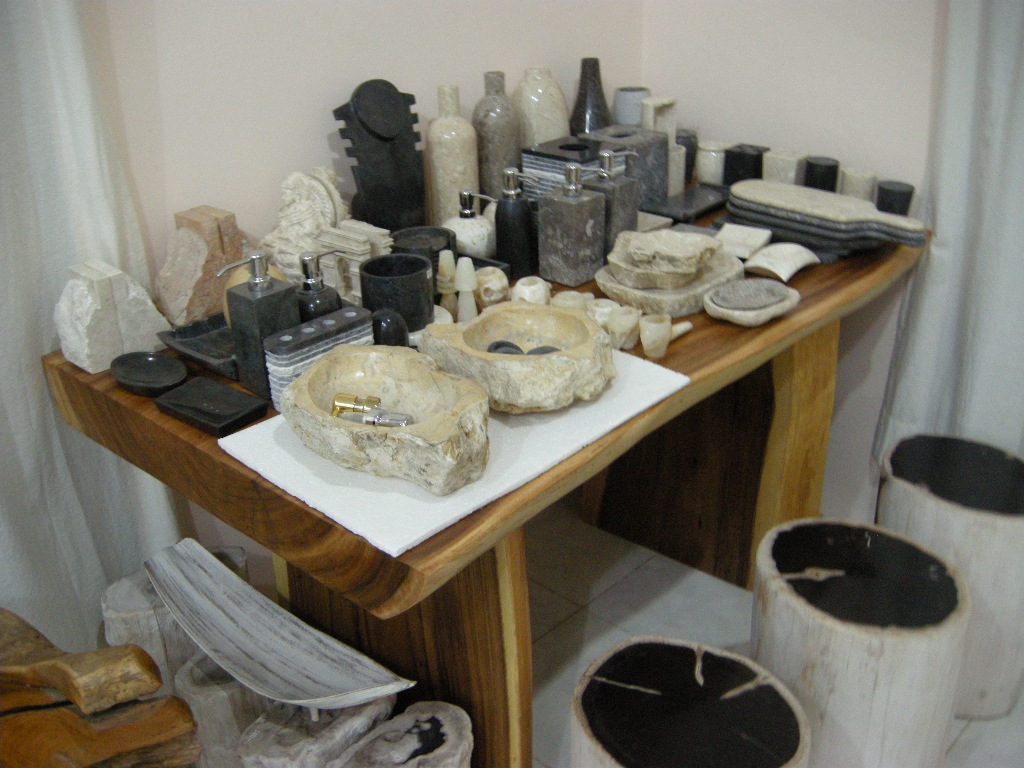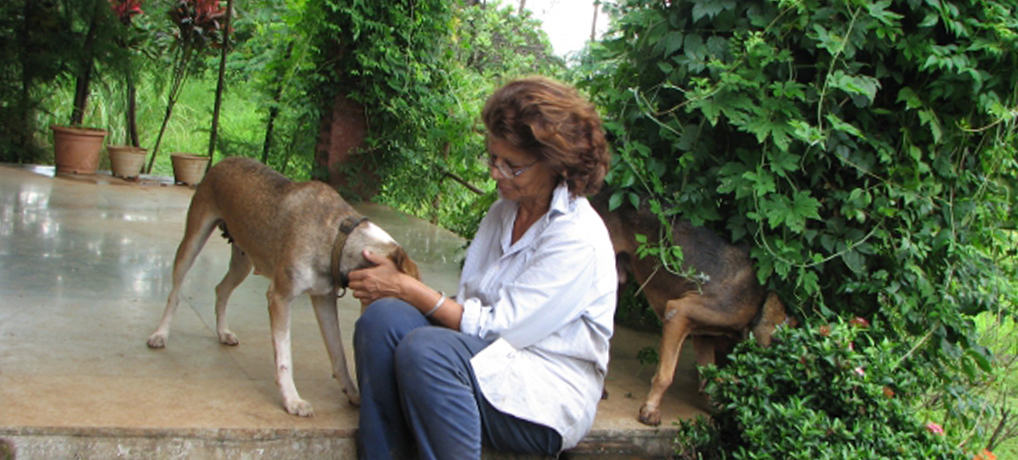Alluring landscapes, charming people and rich Asian culture—Thailand is a paradise in many ways. But, like anywhere else, if you don’t have money in your pocket it can be a rough and tough experience.
Even if you’re collecting a steady pension check, social security payment, or trust fund payout, there’s always the fear that the US dollar or another home currency can lose value against the Thai Baht…so it’s important to find some sort of income stream locally. The future prospects for the economy in Thailand seem much more optimistic that in the US, the UK or in Western Europe. A perfect situation would of course to have diverse income flows in several currencies (and maybe a few Bitcoins as well), but perfect is hard to come by.
Starting your own business is one option. But—notwithstanding the truth about entrepreneurship…you either have it, or you don’t—in Thailand there are special considerations to take into account.
Before permanently moving the 7,700 miles from California to Chiang Mai—the “most Thai” of northern cities—in 2011, I owned and operated small businesses in the United States for about 30 years. For several years prior to making Thailand my permanent home, I spent a considerable part of each year staying here to become more familiar with making this kingdom my home. In the US, I primarily ran a wholesale distribution company and manufacturers rep agency, and for several years prior to leaving America, a Thai restaurant in the San Francisco Bay area, with my Thai wife, Tena.
Despite a lot of restrictive regulations in Thailand, I actually found that establishing the corporation in Thailand was less cumbersome than back in the US, where you’d to report to so many different redundant government agencies. Regulations also seem to be a bit more flexible in Thailand, based on influence and attitude, amongst other things.
To establish a corporation or partnership (i.e. a Limited Company) in Thailand, a foreigner can own only up to 49% of the equity. That means there must be Thai partners who own the majority. There are possible exceptions if you go through the Ministry of Commerce to set up a Foreign Business License…but these are typically granted for companies that start out with large capital and will employ a lot of Thai people.
Yet, even with only a minority equity share, an expat can still retain control if he/she designs the business so that they are the managing director, and no Thai partner has a large portion. It is essential that you employ professional Thai accountants and a lawyer to set up the company here. It’s also worth noting that expats cannot own land in Thailand…only a condo. Company formation is one of the ways around this. Legal assistance is good and easily available in Chiang Mai and most other Thai cities.
A work permit must be obtained (with fees) and four Thai nationals must be employed for every one foreigner working in the company. And once on a permit, you must pay yourself a minimum of 50,000 baht per month (about $1,630 USD). That can be cumbersome, so many expats opt for not employing themselves in the enterprise.
Within the framework of a Thai corporation, we have tried several different enterprises, including a tour company, a restaurant, short term condo rentals to visitors of Chiang Mai and a small boutique fashion shop. Some of these enterprises have been successful and others have not, but they managed to provide a small local income and employment for some of our Thai family. We are a bit fickle with small businesses and tend to jump at different opportunities as they come up, and we have plenty of ideas still cooking.
A way around Thai restrictions for starting a business is having a sole proprietorship in your home country. Work virtually and flexibly as a contractor writing articles or publishing e-books, or as a small resale business: for example, buying Thai products and exporting them back to your home market. In doing this, it is important to keep a fairly low profile, because any expat business that eats into Thai businesses can create some official backlash.
The work permit requirement is enforced only if the work involves a Thai company, or directly competes with indigenous firms. A financial consultant employed by a Thai business will most likely need one; likewise a sole ownership travel agency serving foreign visitors, competing with local operators. But, if you are trading US stocks or building websites for American clients online, the Thai laws are vague and more tolerant.
Generally if you don’t impact on Thai businesses you needn’t worry. So, while an expat starting up a little food-cart business side-by-side with Thai street vendors will quickly run into strife, someone establishing a restaurant with Thai partners and employing local staff is “do-able” with a little planning…and an independent computer consulting business for international clients from a home office is very easy to set up.
The trick, as applies everywhere, is to develop a business with a viable market, while working within the rules. Roll with the regulations, don’t rock the boat (an expat will never win), and you too can relax and enjoy the Thai way of life.
EXPAT EXPORTERS:
 Lots of expats here are involved in exporting Thai products. Some sell directly online through the likes of Amazon and eBay, or via a dedicated shopping website. That usually involves pretty hefty shipping charges, so many expat exporters partner with someone at home to distribute individual orders. Shipping a large amount via a full or partial container (charged per square-meter) is much more economical.
Lots of expats here are involved in exporting Thai products. Some sell directly online through the likes of Amazon and eBay, or via a dedicated shopping website. That usually involves pretty hefty shipping charges, so many expat exporters partner with someone at home to distribute individual orders. Shipping a large amount via a full or partial container (charged per square-meter) is much more economical.
Finding unique Thai products for which there’s a steady market back home is key. Some items that seem to do extremely well are Thai Buddha statues, hand-woven silk and finely carved wood wall art. There’s so much available from Thai artisans that it’s not difficult to find something truly different from other mass-produced products that will always be appreciated at home.
Some can sniff out a fragrant opportunity. I met an entrepreneur from Seattle who spent much of his time in Thailand raising orchids in his large greenhouse next to his Thai home. The resources are plentiful in Thailand, and the climate is ideal for growing and developing unique colors and strains of the flowers. Orchids are indigenous to Thailand. Then once a year he would head back to Seattle with a near-full container-load of the finest orchid plants one could find. Within a month, back in his home country, he had it all sold via wholesale channels with enough profits to keep him going till the next trip.”
 A good friend from the San Francisco area pops over to Thailand every few months to scour the famous Chiang Mai Walking Street market to pick up paintings to sell back home on craigslist, ebay and other selling websites. With an easy to get markup of about 200%, he is able to finance his adventures to Thailand plus add nicely to his income. In Thailand, a buyer can deal directly with the artist and cut out any costly middlemen. Paintings of Buddhist spiritual subjects and hand carved wood designs seem to do best because of their uniqueness back in the US market.
A good friend from the San Francisco area pops over to Thailand every few months to scour the famous Chiang Mai Walking Street market to pick up paintings to sell back home on craigslist, ebay and other selling websites. With an easy to get markup of about 200%, he is able to finance his adventures to Thailand plus add nicely to his income. In Thailand, a buyer can deal directly with the artist and cut out any costly middlemen. Paintings of Buddhist spiritual subjects and hand carved wood designs seem to do best because of their uniqueness back in the US market.
There are so many different possibilities to explore in Thailand for export back home which are very much appreciated and priced here to make them profitable and worth the effort.
To get more information & assistance, please submit the form below and our specialist will get in touch with you at the earliest.







